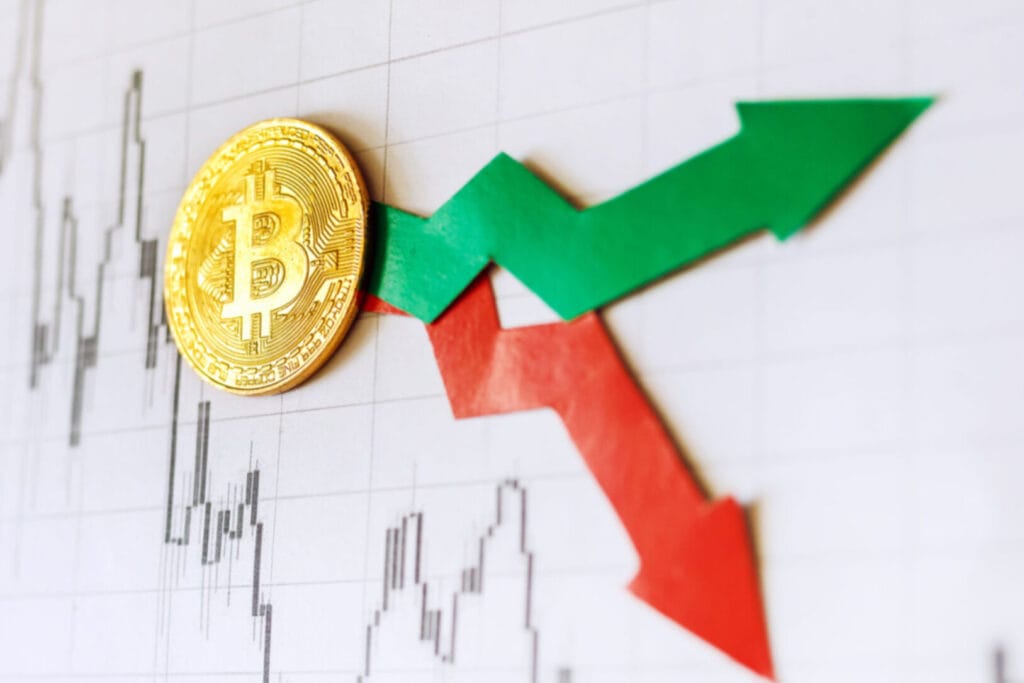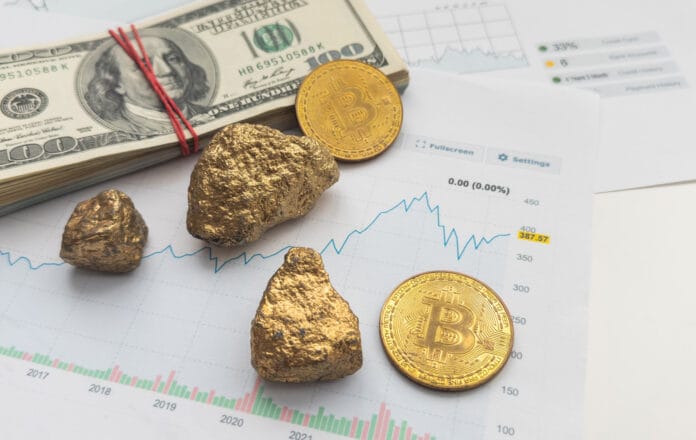Bitcoin isn’t just another buzzword—it’s a groundbreaking digital currency that’s reshaping how we think about money and payments. Unlike traditional currencies controlled by banks or governments, Bitcoin allows people to transfer money directly and securely without needing middlemen. It was introduced in 2008 by someone (or a group) under the mysterious name Satoshi Nakamoto, and since its launch in 2009, it has grown into a worldwide sensation.
What Makes Bitcoin Special?
Bitcoin has a few key features that set it apart:
• Decentralization: Unlike regular currencies controlled by central banks, Bitcoin runs on a blockchain—a shared, public ledger managed by computers all over the world. This means no single authority can control or manipulate it.
• Limited Supply: There will only ever be 21 million bitcoins, making it scarce by design. This is why some people call it “digital gold.”
• Security: Bitcoin transactions are protected by advanced cryptography, ensuring they’re secure and tamper-proof. Once a transaction is added to the blockchain, it’s permanent.
• Transparency: Every Bitcoin transaction is recorded on the blockchain for anyone to see, creating a system that’s transparent yet still respects privacy through anonymous addresses.
“Bitcoin is a remarkable cryptographic achievement and the ability to create something that is not duplicable in the digital world has enormous value.”
—Eric Schmidt, former CEO of Google
How Does Bitcoin Work?
Bitcoin runs on a system that’s simple in concept but incredibly powerful in execution:
1. Transactions: People send and receive Bitcoin using digital wallets. Every time a transaction happens, the network checks it and records it on the blockchain.
2. Mining: Miners are people (or groups) with special computers that process transactions by solving tough math problems. This process, called proof-of-work, keeps the network safe and adds new transactions to the blockchain. Miners get rewarded with new bitcoins and transaction fees for their work.
3. Blockchain: Think of the blockchain as a public record book where every Bitcoin transaction is logged. It ensures everything is traceable, secure, and prevents issues like spending the same Bitcoin twice.
What Can You Do with Bitcoin?
Bitcoin is incredibly versatile, and people use it for all sorts of things:
• Everyday Shopping: More and more businesses, both online and in-store, are accepting Bitcoin as a way to pay. You can use it to buy anything from a cup of coffee to a new gadget.
• Investing: Bitcoin is often called “digital gold” because many people see it as a valuable investment. Its limited supply and independence from traditional markets make it a great way to diversify your portfolio.
• Sending Money Abroad: Bitcoin is becoming a popular choice for international transfers. It’s faster and cheaper than traditional banking methods, especially for cross-border payments.
• Saving for the Future: Because of its fixed supply and growing demand, some people see Bitcoin as a safe way to store wealth and protect against inflation or economic uncertainty.
Why Use Bitcoin?
Bitcoin gives you freedom:
• You’re the Boss: It’s your money, and no one else controls it. No banks, no restrictions—just you.
• Easy to Send Anywhere: Need to send money to someone? Whether they’re next door or across the world, Bitcoin makes it fast and simple, with no crazy fees.
• Safe and Clear: Every transaction is secure and recorded, so you can trust it. And while it’s all transparent, your privacy is still protected.
What Are the Downsides of Bitcoin?
Bitcoin isn’t all sunshine and rainbows—here are some of the challenges:

• Crazy Price Changes: Bitcoin’s price can go up or down in a flash. It’s exciting but also risky, especially if you’re not ready for the rollercoaster.
• Rules Aren’t Clear Everywhere: Some countries love Bitcoin, others ban it, and some are still figuring it out. This can make using or investing in Bitcoin a bit confusing.
• It’s Not Very Eco-Friendly: Mining Bitcoin uses a lot of energy, and people are worried about what that means for the environment.
Bitcoin and the Law
Governments around the world see Bitcoin differently. In places like El Salvador, it’s fully accepted as regular money, but in some countries, it’s restricted or even banned. The idea behind these rules is to keep people safe and prevent misuse, but sometimes they can hold back Bitcoin’s growth. If you’re planning to use or invest in Bitcoin, make sure you know the local rules so you don’t run into any surprises.
What’s Next for Bitcoin?
Bitcoin keeps growing and finding new ways to be useful. It’s not just about investing anymore—projects like decentralized finance (DeFi) are showing how Bitcoin could play a bigger role in the future of money. Even traditional financial systems are starting to look at how they can use Bitcoin. On top of that, new technologies like the Lightning Network are helping make Bitcoin faster and easier to use, so it’s becoming more practical for everyday things like buying a coffee or sending money to a friend. Bitcoin’s future looks brighter than ever!
Conclusion
Bitcoin isn’t just money—it’s an idea that’s changing how we look at finance. It puts you in control, works anywhere, and is super secure. Sure, it has its challenges, like prices that go up and down or rules that can be confusing, but it’s already making waves in the financial world. Whether you’re thinking about investing or just curious, getting to know Bitcoin is a great way to understand where the future of money might be heading.


